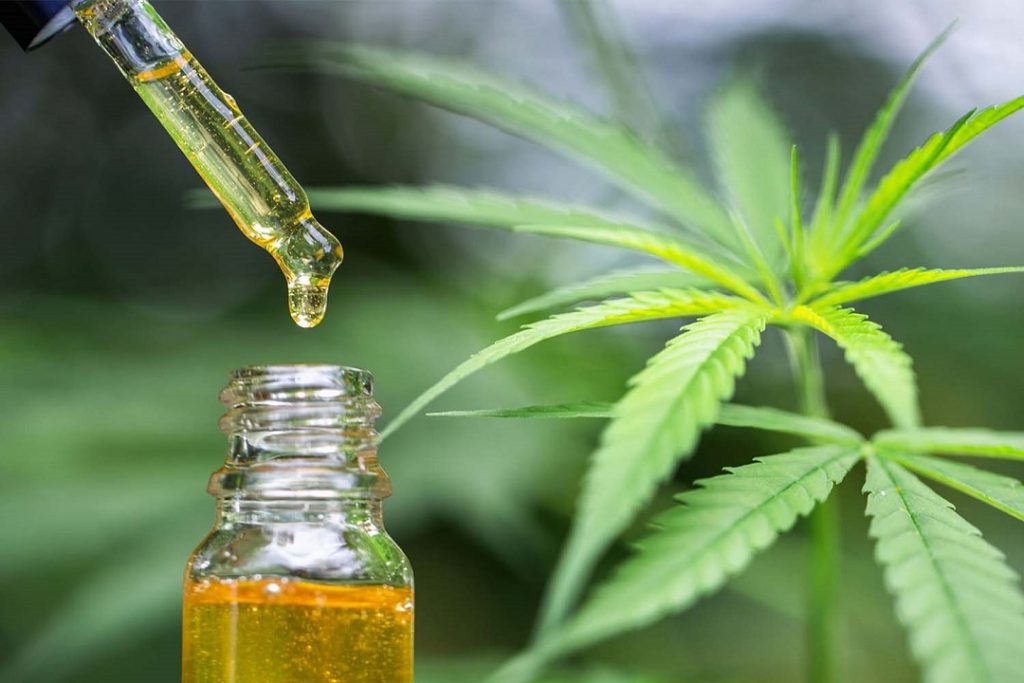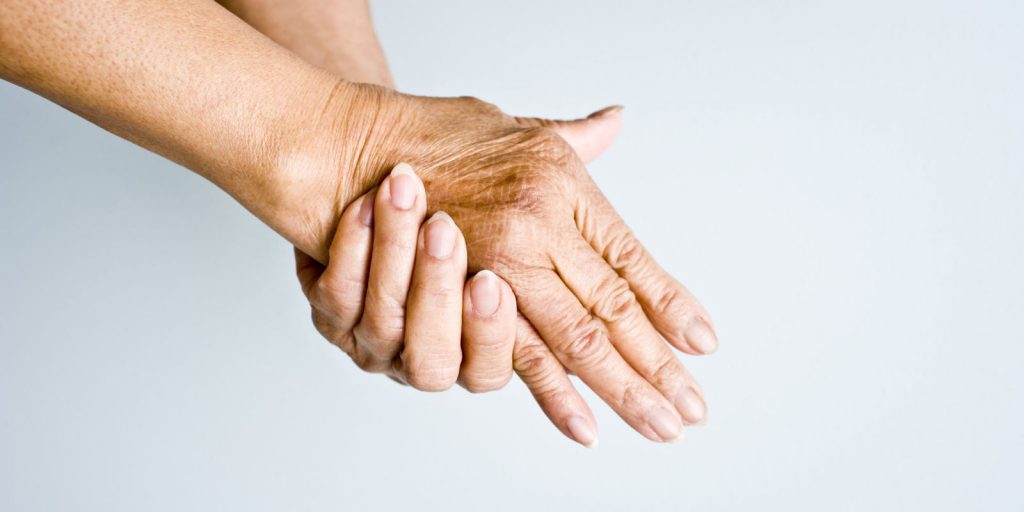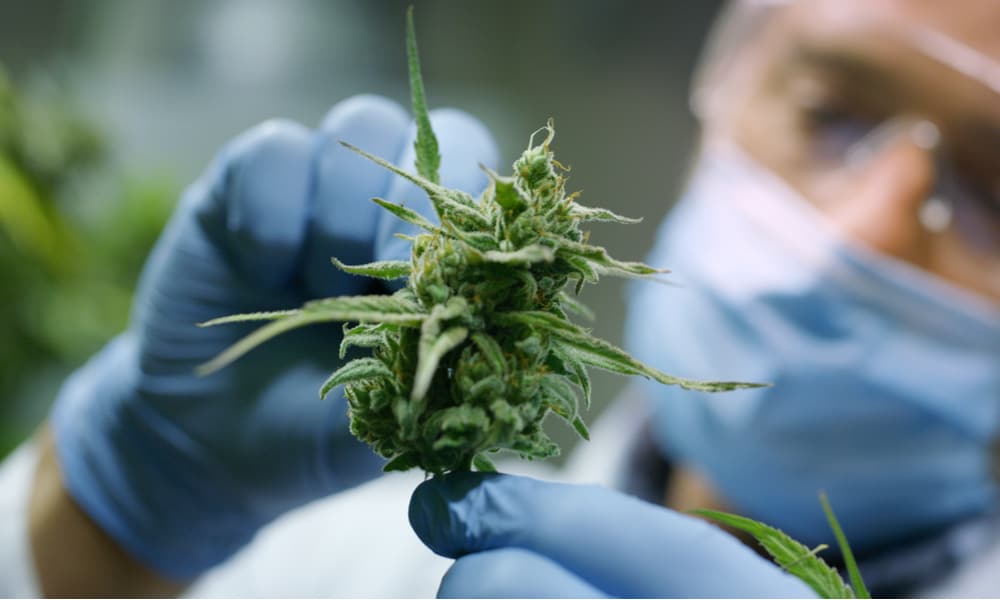The results of a recent study show that patients with irritable bowel syndrome (IBS) who have a history of cannabis use spent less time in the hospital and had lower inpatient health care utilization and associated costs. A report on the research, “Association between cannabis use and healthcare utilization in patients with irritable bowel syndrome: A retrospective cohort study,” was published last month in the journal Cereus.
Study Shows IBS Patients Who Use Cannabis Spend Less Time In Hospital
To conduct the study, researchers with the Rush University Medical School and the John H. Stroger, Jr. Hospital of Cook County in Chicago reviewed hospitalization data from more than 9,000 patients over a four-year period who had a primary discharge diagnosis of IBS. Cannabis users and non-users were compared for various clinical outcomes.
“The purpose of this study is to evaluate the impact of cannabis use on inpatient length of stay and resource utilization for patients with a primary discharge diagnosis of IBS,” the authors wrote.
The researchers discovered that the 246 patients who had a history of using cannabis had a shorter average stay in the hospital (2.8 days versus 3.6 days for non-users) and were less likely to have had certain medical procedures associated with IBS diagnoses and treatment.
“Our study is the first nationwide cohort study to evaluate the association between cannabis use and healthcare utilization in patients with IBS,” they wrote. “We have found that cannabis use is associated with a lower use of endoscopic procedures, lower length of stay, and lower median total cost of hospitalization.”
Cannabis Users Also Had Lower Hospitalization Costs
The reduced length of the average hospital stay and the decreased use of medical procedures translated into average total charges for the hospitalizations to be more than $3,000 less for cannabis users than patients who did not report using cannabis.
“Our study provides evidence to suggest that cannabis use may decrease healthcare utilization and costs among hospitalized patients with IBS,” the researchers concluded. “These findings are likely attributable to the effects of cannabis’ active compound, THC, on gastrointestinal motility and colonic compliance.”
The researchers noted several limitations of the study, including a lack of data for the severity of illness for the patients and the therapeutic regimens employed while they were in the hospital. The study also noted that information on the dosing and method of ingestion of cannabis was not available and recommended further research on the effect of cannabis on IBS and the potential for therapeutic use.
“The role of cannabis in the treatment for IBS has potential for significant impact at the individual and population level given the burden of IBS on individual quality of life and healthcare expenditures,” they wrote.





